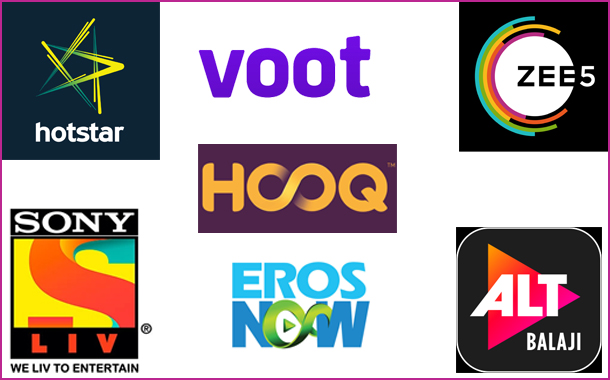Following a PIL at Nagpur bench of Bombay HC, another PIL has been filed in the Delhi High Court seeking regulation of content shown on online platforms such as Netflix, Amazon Prime and others. The matter is scheduled for hearing on 14th November.
The PIL has been filed by a NGO ‘Justice for Rights’ who have claimed that due to lack of regulation for the web-exclusive content, the OTT platforms have been telecasting shows full of ‘vulgarity, religiously forbidden and morally unethical’. The PIL has also reportedly alleged that the content of several shows on the online platform violates provisions of the Indian Penal Code (IPC) and the Information Technology Act. The NGO has alleged that television series like Sacred Games, Game of Thrones and Spartacus, shown on online media streaming platforms like Netflix, Hotstar, etc. contain “vulgar, profane, sexually explicit, pornographic, morally unethical and virulent” content which often “depict women in objectifying manner”. It has sought directions to the ministries of Communication, Information and Broadcasting as well as Law and Justice to frame guidelines to regulate such platforms and the content they broadcast. The NGO has further sought immediate court orders to remove legally restricted content from these portals.
The petition was listed for hearing on Monday i.e. October 15, before a bench of Chief Justice Rajendra Menon and Justice V K Rao, but was not taken up as the judges did not sit.
Earlier, the Nagpur bench of the Bombay High Court had on October 5, 2018 issued a notice to the Ministry of Information & Broadcasting over a similar plea seeking regulation of online content.
Nikhil Bhalla, the petitioner, has amended his petition to ask the government to create a regulatory board for online streaming companies. The matter is listed for hearing on 20th October 2018.
These petitions are just the beginning. In a country where litigations on films happen even post certification by CBFC, it would be wishful thinking to not expect litigations when explicit (Indian) content is shown on platforms. The popular belief is that for SVOD (Subscription on demand) content, where viewers have the choice to pay for and select what they see, there should be no regulation of such content. It would be interesting to see the Indian judiciary’s take on this issue. Each of these matters is of significant importance as it would determine the kind of content being shown on OTT platforms.

















